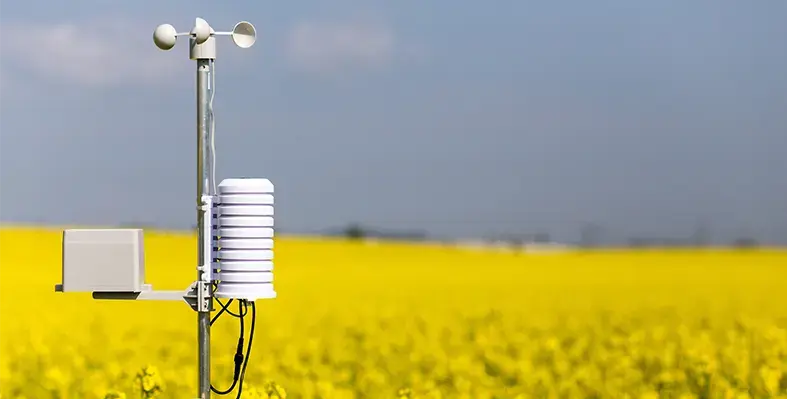UPL Corporation has unveiled Smart Climate Ag, a climate-positive initiative designed for commercial row-crop farmers in South Africa.
The programme blends regenerative farming practices with biological and sustainable inputs, enabling farmers to maintain high productivity while reducing environmental impact.
A standout feature of Smart Climate Ag is the opportunity for farmers to generate and sell verified carbon credits, turning sustainable practices into tangible financial returns. During the pilot phase, UPL issued 26,102 carbon credits across 2,884 hectares, demonstrating that environmental stewardship can also benefit farmers economically.
The programme, developed in collaboration with carbon-project developer Orizon Agriculture and certified by Verra, a leading global carbon-standard body, promotes several key sustainable practices. These include cover cropping to protect and enrich soil, reduced tillage to preserve soil structure, lowering reliance on synthetic fertilisers, and the application of UPL’s NPP biosolutions to support soil health. Collectively, these methods enhance soil fertility, increase carbon sequestration, and lower greenhouse gas emissions, ultimately producing carbon credits that farmers can trade on the voluntary market.
Farmers involved in the pilot have praised the initiative for its long-term impact. Maize farmer Callie Meintjes from Free State explained her personal motivation: “We are borrowing [the land] from our children … I was taught to return something I borrowed in a better condition than it was before.” Her statement reflects a growing mindset among South African farmers who prioritise land stewardship alongside crop yields.
UPL plans to scale Smart Climate Ag beyond the pilot phase, expanding to additional crops, regions, and farmers. This growth aligns with the company’s broader Gigaton Carbon Goal, which aims to remove 1 billion tonnes of CO₂ by 2040. Marcel Dreyer, UPL’s Regional Head for Africa, highlighted the programme’s dual benefits: “By restoring carbon to soils, they improve soil health and maintain productivity — while the extra income from carbon credits provides greater financial security in a changing climate.”
The pilot, also known as “CarbonSmart,” has already demonstrated measurable benefits, including increased soil organic carbon, enhanced fertility, improved water retention, and additional income through carbon credits. By linking regenerative farming with market incentives, Smart Climate Ag provides a practical roadmap for sustainable, climate-resilient agriculture in South Africa.





